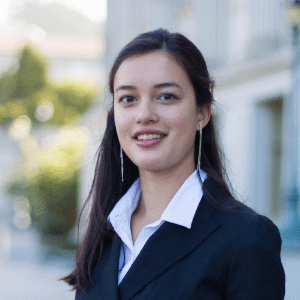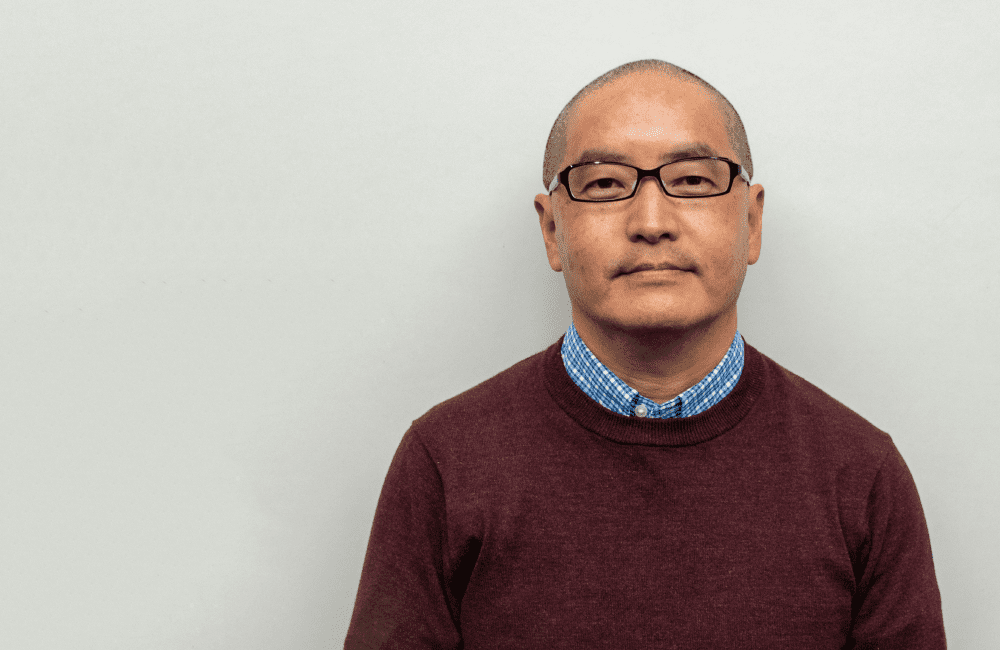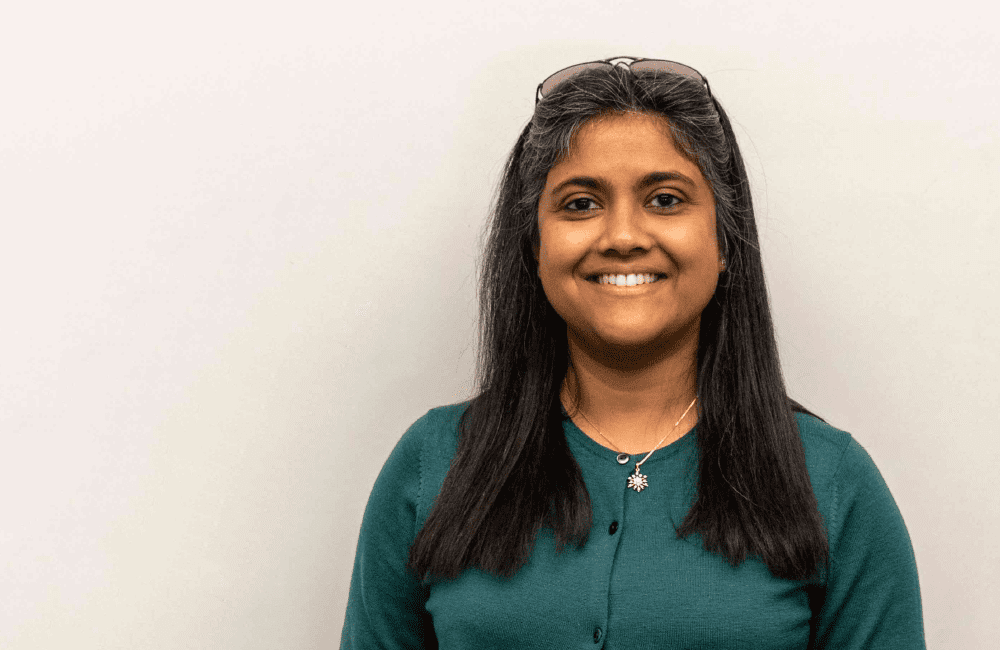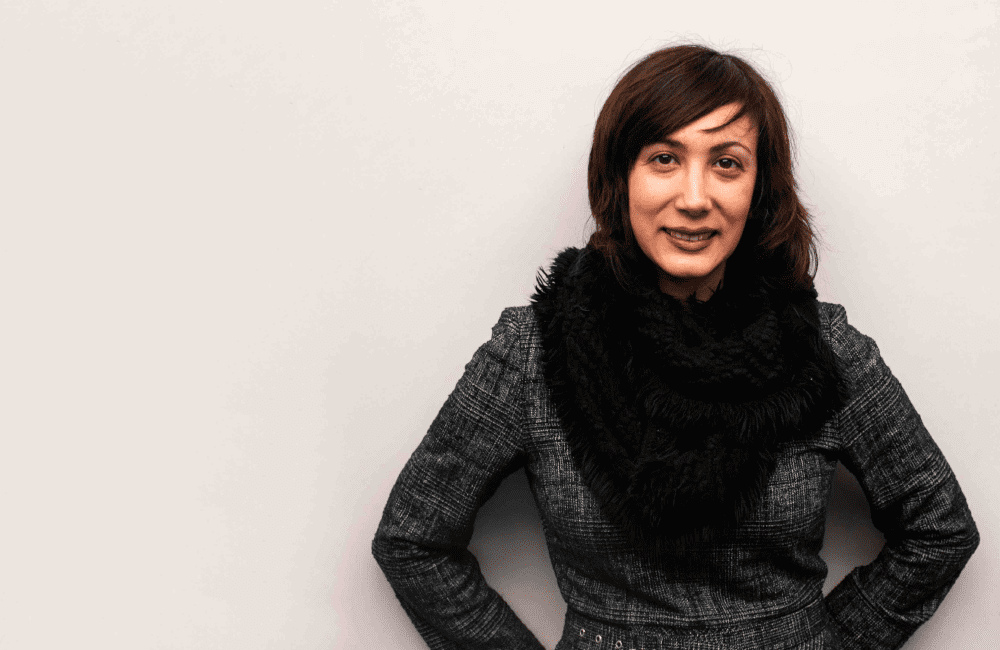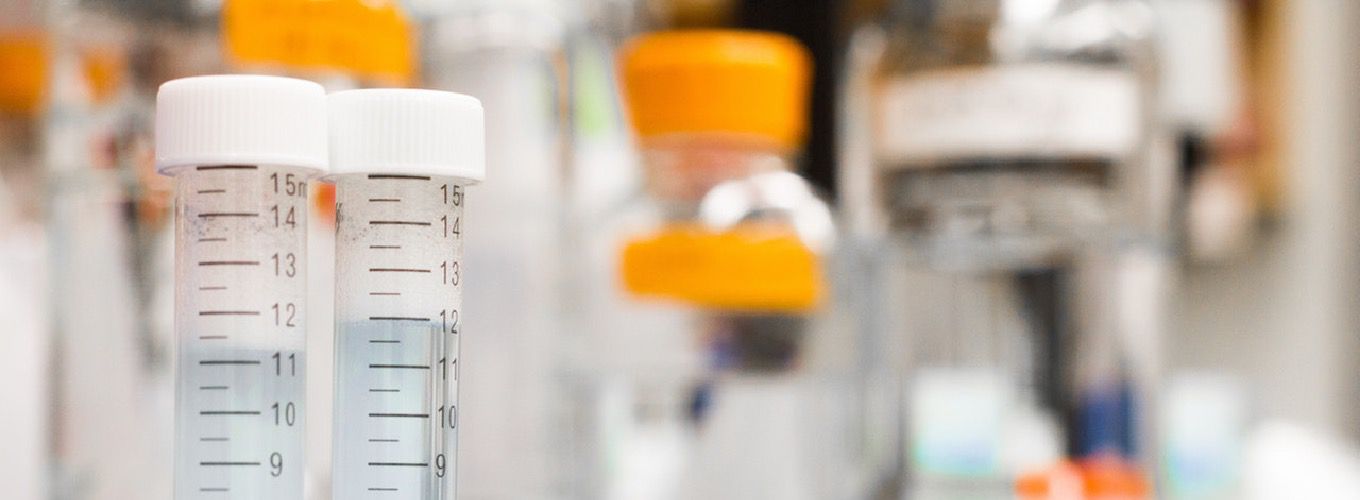

Undergraduate science communication intern Mira Cheng sits down with speakers from the weekly IGI Seminar Series to discuss their innovations, motivations, and eclectic hobbies.
David Schaffer is a UC Berkeley professor, director of the Berkeley Stem Cell Center, and co-founder of 4D Molecular Therapeutics. I interviewed Dr. Schaffer when he spoke at the IGI on February 5th, 2019. An abridged version of our conversation appears below.
MC: Could you please briefly describe your journey into science and your career path?
DS: “I come from a scientific and medical family: my father is a retired professor and my mother was an M.D. who did drug development with pharmaceutical companies. From a very early age I knew that I wanted to enter into science in an area that had to do with biology and medicine. I wasn’t sure yet if it was going to be in academia or industry, but I really focused in on molecular engineering of novel medicines as a career path.”
MC: Who were your role models throughout the journey?
DS: “Parents, that’s a cliché I suppose, but they played a pretty big role—seeing both of them succeed in different directions, academia versus industry.”

MC: How did you come to work on the project that you are presenting today?
DS: “I started working in the area of gene therapy when I was in graduate school. I like taking risks, and at that stage I felt that I wanted to take on a new area. The two areas which I was choosing between were antibody engineering and engineering gene delivery vehicles for gene therapy. I liked this concept of gene therapy, this idea of using DNA as a medicine. At that stage [gene therapy] was brand new and I decided to take a risk. I haven’t regretted it since!”
MC: What do you hope to achieve with this project?
DS: “I want to cure human diseases.”
MC: The field of gene therapy has been surrounded by so much hype, and some criticize it for having under-delivered. What is your response?
DS: “There’s this [graph] called the Gartner curve, where initially an idea is invented and there’s a lot of enthusiasm in that field, hype flies a little high. And then it reaches a point where people recognize, jeez this thing is hard. The field comes down to reality for a while. Then gradually people continue to pound away at the technological hurdles that are in the field and it begins to succeed again. That curve was originally developed for technology, but the same thing is true of every generation of healthcare. In the gene therapy field, the hype phase was in the 1990s and early 2000s. Then we had a number of clinical trials that didn’t succeed, the field shrunk, some people stuck with it and pushed it through to the point to where it is now succeeding. It is most definitely on an upswing right now, time will tell how large it’s going to become. I think at this stage we have successes to be able to point to.”
MC: What are your thoughts about the high cost of gene therapies and the potential healthcare inequalities that could result?
DS: “I think that gene therapy has the potential to reduce the cost of healthcare. The best example of this right now is hemophilia B. Hemophilia is a disease caused by mutations in genes encoding blood-clotting factors. There are recombinant versions of these proteins created by pharmaceutical companies, but these are incredibly expensive. A very conservative estimate in the field is that it costs a lifetime amount of about 12 million dollars to pay for somebody with hemophilia. As of yesterday, a company dosed their first patient in a gene therapy Phase III clinical trial. If that’s approved, it raises the question: how are you going to price that drug? Regardless, it’s going to be cheaper than what the current standard of care is.”
MC: Where do you see your field in ten years?
DS: “I see an increasing number of approvals of drugs that are going to change people’s lives— that is most definitely my hope. In addition, I think the field is going to start going after tougher disease targets as well. Maybe the next level of difficulty is going to be where I don’t need to add a gene, I need to erase a gene. And then we can start thinking about going after more complicated diseases, where the biology of the disease is complex enough that we don’t necessarily know what the target is. Regardless, I think the field is going to have a bigger and bigger impact on human health.”
MC: What inspired your decision to move into industry and found companies?
DS: “I co-founded three companies, the largest company is 4D Molecular Therapeutics. 4D took this ability to create substantially improved viruses to carry DNA medicines into cells, and began to industrialize it, to take it into human clinical trials. The company was founded in early 2014, and it has grown and advanced the technology to the point where we should be entering into human clinical trials within a matter of months.”
MC: How do you balance overseeing your companies and running your lab?
DS: “My lab is always going to be my priority, but that said, being able to work with the company has really benefited the lab in a couple of ways. It has taught me about the next steps of drug development, and that has helped the way that I shape the research in our lab. And it’s also really motivated the people in the lab— I can say that for the first time something that a graduate student created a few years ago is in a human.”
MC: What is something that you do a lot that people wouldn’t necessarily expect?
DS: “Rock climbing, mainly in gyms around the area, but also outdoors.”
MC: What are some of your other hobbies?
DS: “I listen to politics a lot, I think science is something that shouldn’t be taking place in an ivory tower. It is something that’s integrated with society, and a lot of decisions that our country has to make should be scientifically informed. I also read a ton, mainly fiction. And I have two wonderful kids, who are a blast.”
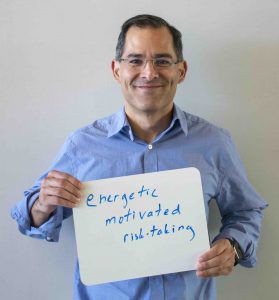 MC: If you could describe yourself in three words, what would they be?
MC: If you could describe yourself in three words, what would they be?
DS: “Energetic, motivated, risk-taking.”
MC: If you could listen to a conversation between any two people (alive or dead), who would it be?
DS: “Strangely enough, Obama and Trump.”
MC: What do you wish you could have told your younger self?
DS: “To reach out to people who are senior to me more often. There are lots of folks out there who are always going to be more experienced than you are, and these are terrific people to learn from. I think initially when I got to Berkeley I felt that reaching out to them was somehow admitting there was something I didn’t know. Over the past 15 years that I’ve been here, [I have come to] recognize that there are some terrific colleagues who are really intellectually engaged and want to help—those have become terrific friendships.”
